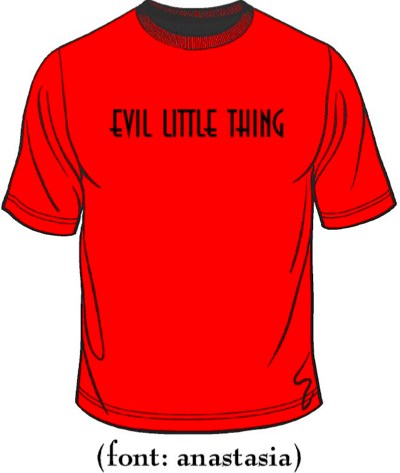The requirements to be a TV weather presenter are fairly slack: an undergraduate degree with some training in meteorology is preferred, but not required, and the main skills seem to be looking presentable with nice hair, being able to dance with a green screen, and being glib and cheerful. So I guess it’s not surprising that the “scientists” leading the charge against global warming are climate-denier TV weathermen. That link takes you to a long list of quotes from various television weather personalities — including a couple from Minneapolis — who all deny reality and use their position as frontmen pretending to be scientists to delude the public. Take a look and see if your local television station has a conspiracy nut doing the weather.
Another interesting aside in that article is that all of the current Republican candidates for president are climate change deniers. Every single one. Huntsman was the only exception, and he’s out.
That prompted me to look at the two front-runners positions on evolution.
Mitt Romney, the conservative establishment candidate, is a theistic evolutionist. He argues that evolution was the tool god used to create humans (“How?” I always wonder — evolution isn’t a railroad track in which you can put a car at one end and expect it to arrive at the other). He also opposed teaching intelligent design creationism while governor of Massachusetts, which is good news — I wonder if it’ll be used in attack ads against him? So on this one narrow issue, Romney is tolerable. On everything else the corporate plastic robot would never get my vote.
Newt Gingrich is the crackpot tea party candidate and is getting progressively wackier as the campaign goes on. While he made more vaguely moderate statements about evolution a few years ago, now that he’s courting the ignorant wackaloon vote, he’s sounding more like a member of the Insane Clown Posse.
I think we can safely say that no Republican should be allowed anywhere near the reins of government. They’re anti-science through and through.
(Also on Sb)


